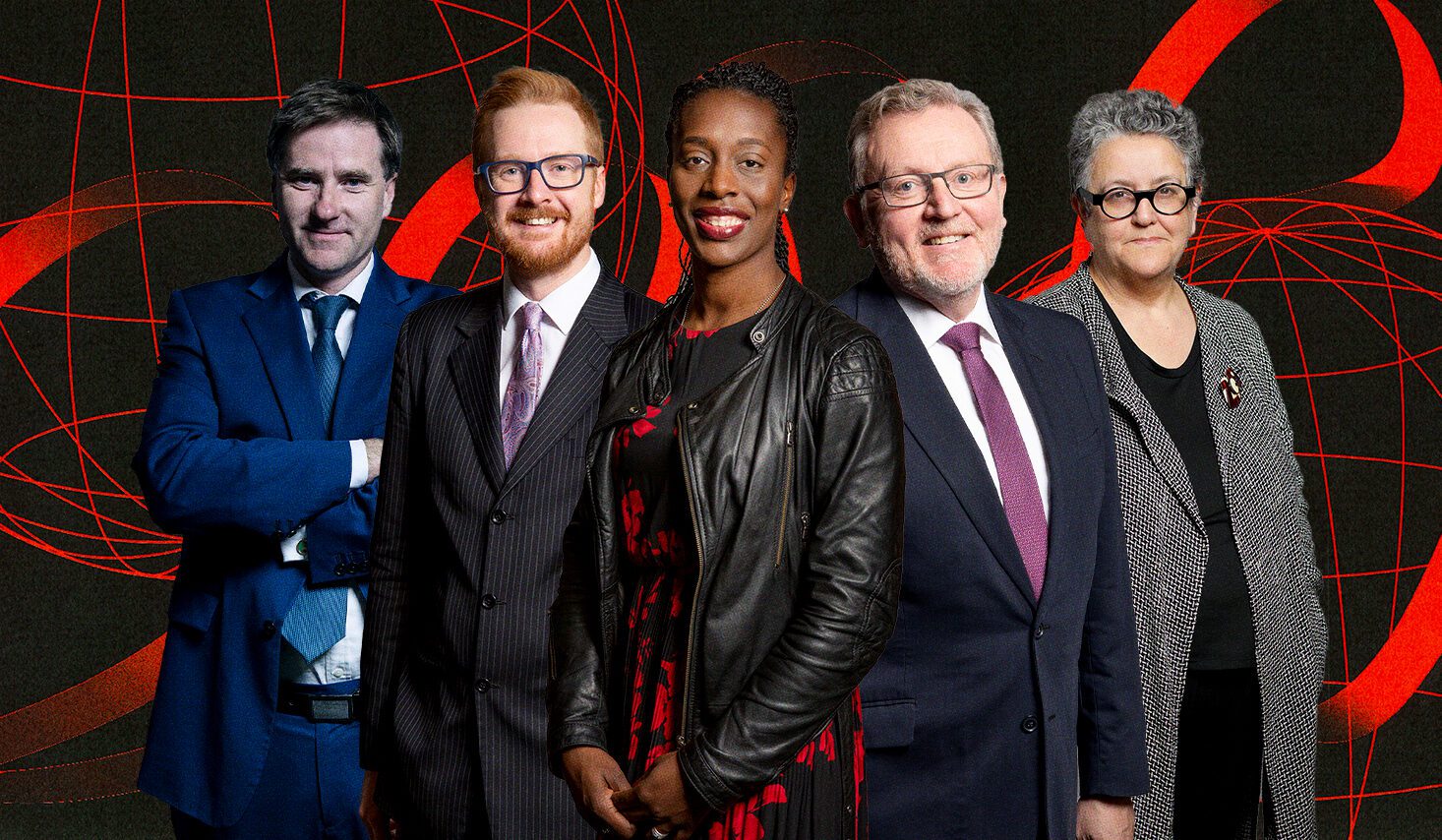
At the height of the HIV epidemic, the prospect of ending all new infections felt impossible. Anti-gay stigma had reached new highs, government support was non-existent and the average survival time for a person diagnosed with an AIDS-related illness was just one to two years. Things have come a long way in terms of testing and treatment in the four decades since then, meaning a diagnosis is no longer a death sentence and those who are HIV-positive share a similar life expectancy to those who are not. The government now hopes to take this one step further, having set out the goal to end all new HIV infections and deaths in England by 2030 in an action plan announced on World AIDS Day in 2021. Despite this pledge, which was welcomed by the UK’s leading sexual health charities, data released by the UK Health Security Agency (UKHSA) exactly one year on suggests that the country is “sleepwalking towards missing the 2030 national targets”. Deborah Gold, Chief Executive of National AIDS Trust, added: “The dual impacts of Covid and mpox means levels of HIV testing in sexual health clinics are dramatically down, access to the HIV prevention drug PrEP is disrupted, and inequalities are deepening.”
New research from Terrence Higgins Trust also found that a staggering 77% of people don’t realise that the UK can end new cases of HIV by 2030. What’s more, only 27% of people know that you can safely and accurately test for the virus without visiting a clinic in person. Ian Green, the CEO of Terrence Higgins Trust, told GAY TIMES that testing is a key part of bringing an end to new cases of HIV. “HIV can affect anyone of any gender, sexuality, age, and ethnicity, that’s why it’s crucial that we normalise and promote HIV testing,” he explained. “Together we can get one step closer to ending the HIV epidemic and eradicate the stigma associated with the virus for good.” Knowing your HIV status has never been easier thanks to advances in testing. As well as getting blood tests at a sexual health clinic with your GP, self tests done at home show your result in just a few minutes, while postal ones give you the ability to take a sample yourself before sending it to a lab. “Online testing is an effective, convenient and confidential way for people to test for HIV,” says Dr John White, Medical Director at Preventx, the largest provider of remote sexual health testing in the UK. “Recent data from UK Health Security Agency shows a 32% rise in internet testing for HIV between 2020 and 2021.”
The government committed an additional £20 million to expanding opt-out testing over the next three years in its HIV Action Plan, something the UK’s leading sexual health charities have been wanting to become routine across all healthcare settings for some time. Starting with A&E departments in areas marked as having “very high” levels of HIV prevalence, NHS England revealed that it resulted in a staggering 259,000 additional HIV tests being conducted – which led to 128 new diagnoses that may not have been found otherwise.
Unfortunately, stigma against those living with HIV continues to be rife. Polling released by Terrence Higgins Trust to mark World AIDS Day 2022 showed that nearly three quarters (74%) of HIV-positive people have experienced discrimination or stigma because of their status. In fact, in a separate survey, just three in 10 members of the British public said they would feel comfortable going on a date with someone who is HIV-positive, with the vast majority saying that they would not have sexual intercourse with someone who is on effective treatment – showing the ignorance that still exists given that someone who is ‘undetectable’ cannot pass on the virus. “Modern HIV treatments are amazing,” explained Dr Alan McOwan, a consultant at leading sexual health clinic 56 Dean Street. “They can reduce the amount of virus in the body to ‘undetectable’, which means that there is so little virus, our tests can’t pick it up any more. People living with HIV and established on treatment who are undetectable cannot pass HIV on to other people—there are no recorded cases of this happening anywhere in the world. That’s why we say ‘U=U’—undetectable equals untransmittable.”
To learn more about the possibility of ending all new HIV infections and deaths in England by 2030, GAY TIMES spoke to five members of the All-Party Parliamentary Group on HIV/AIDS about the action they feel still needs to be taken.
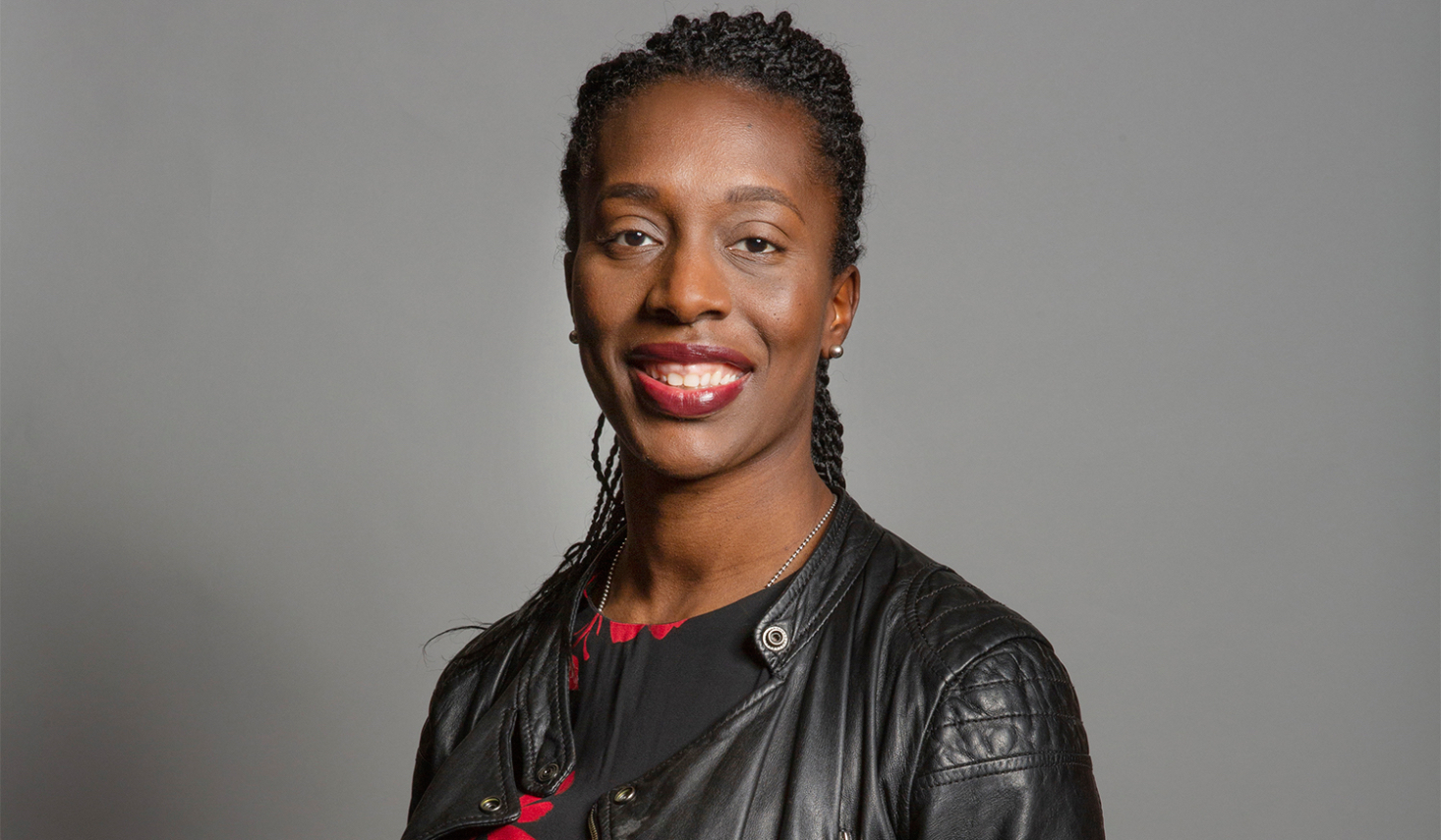
Florence Eshalomi MP
Party: Labour/Co-op
Constituency: Vauxhall
Position in APPG on HIV and AIDS: Co-chair
“Since the beginning of the global HIV pandemic over 40 years ago, people from racially minoritised communities – particularly people of Black African descent – have been disproportionately impacted by HIV worldwide.
“Ethnic health inequalities in HIV and beyond reduce life expectancy and quality of life for people from racially minoritised groups. This is a matter of human rights and social justice, as well as about meeting targets to end the AIDS epidemic.
“If we are to meet the target of halting new HIV transmissions by 2030 the voices, experiences and needs of the racially minoritised communities must be given specific focus and support in the UK response to HIV. We cannot end transmissions whilst leaving any group behind.”
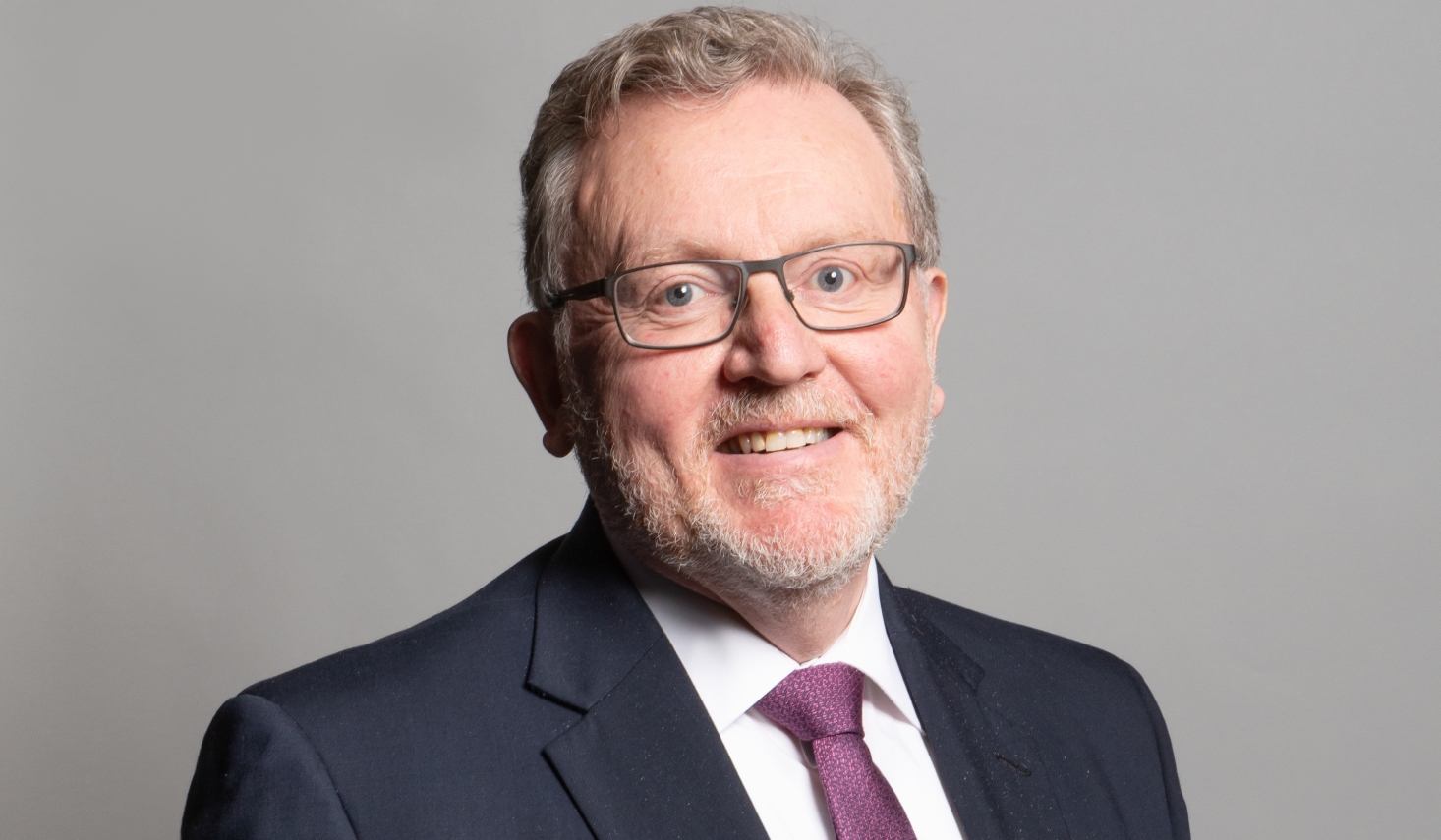
David Mundell MP
Party: Scottish Conservatives
Constituency: Dumfriesshire, Clydesdale and Tweeddale
Position in APPG on HIV and AIDS: Co-chair
“Today the All-Party Parliamentary Group HIV and AIDS publishes its report ‘HIV and Quality of Life – What do we mean? And how to we achieve it?’
“Since the discovery of HIV at the beginning of the 1980s, it has been one of the greatest global health problems. HIV and AIDS places an increasing burden on the health of the population, and causes further socioeconomic problems for individuals, families, communities, and governments in many countries.
“If we are to meet the 2030 goals, particular attention should be given to the needs of key populations. These are vulnerable or most-at-risk groups that may face specific challenges requiring targeted responses from policy makers and care providers.
“Public health goals are not served by denying people their individual rights and have been shown to block HIV service access and increase HIV risk. We must reform these discriminatory laws if we are to win the fight against HIV.”
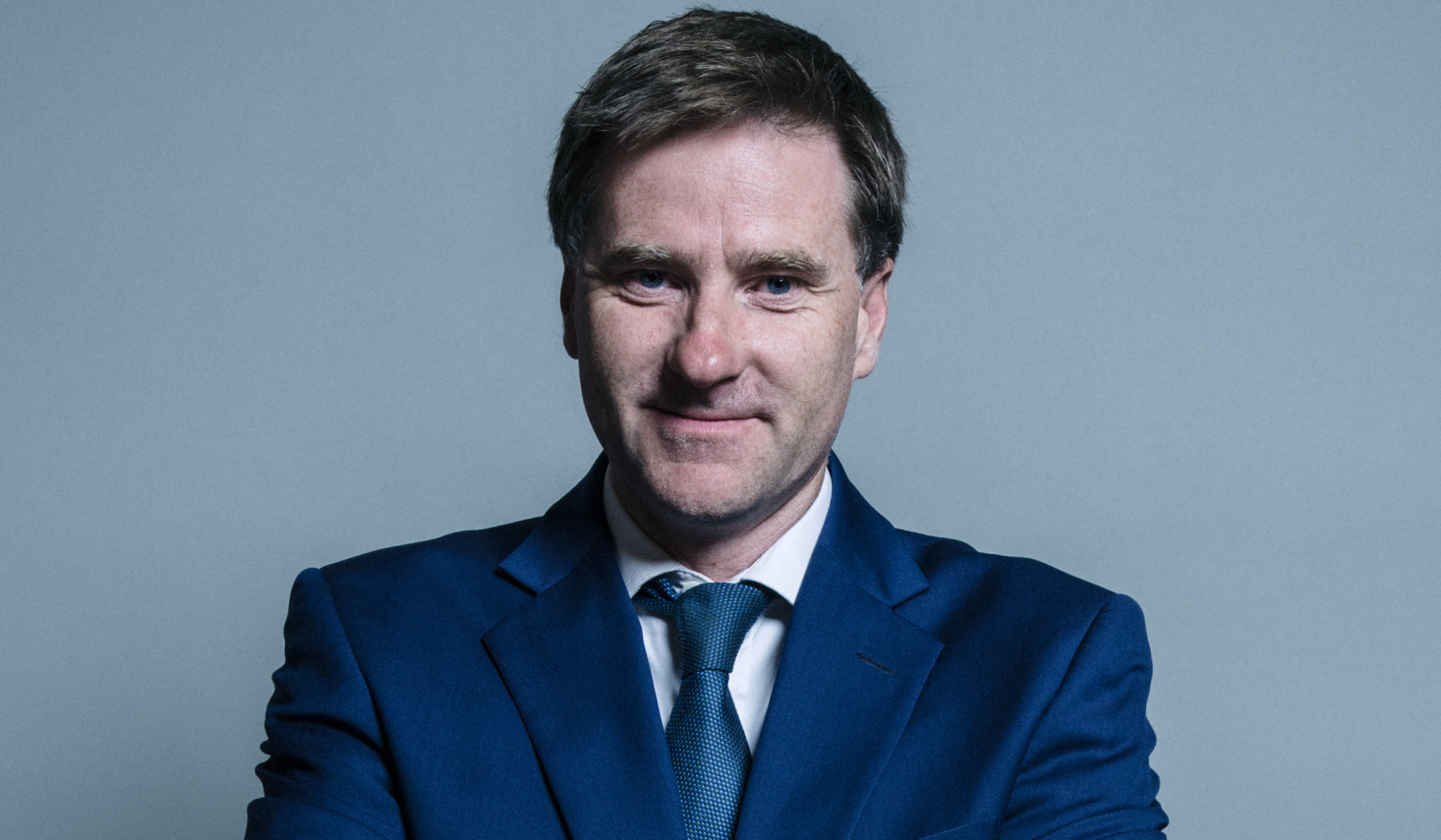
Steve Brine MP
Party: Conservatives
Constituency: Winchester
Position in APPG on HIV and AIDS: Co-chair
“I became a commissioner for the HIV Commission in 2019 and in 2021 the commission published its report that developed evidence-based recommendations – recommendations that are now the foundations of the HIV Action Plan that Sajid Javid published in December 2021.
“To meet the 2030 target we must address the issue that there are too many people lost to care, too many missed opportunities to test and the good practice we know about – opt-out testing or ‘click and collect’ in postal HIV testing services – are just not being rolled out everywhere.
“Over the past 12 months opt-out HIV testing has been a huge success. In just three months: 102 people have been newly identified with HIV, whilst 70 people diagnosed with HIV who were lost to care were identified and now have a chance to reconnect with health services.
“The results are clear – opt-out testing works. I remain an optimist. Four decades of endeavour have changed so much. We could be the first country in the world to end new HIV cases. This is a prize worth winning.”
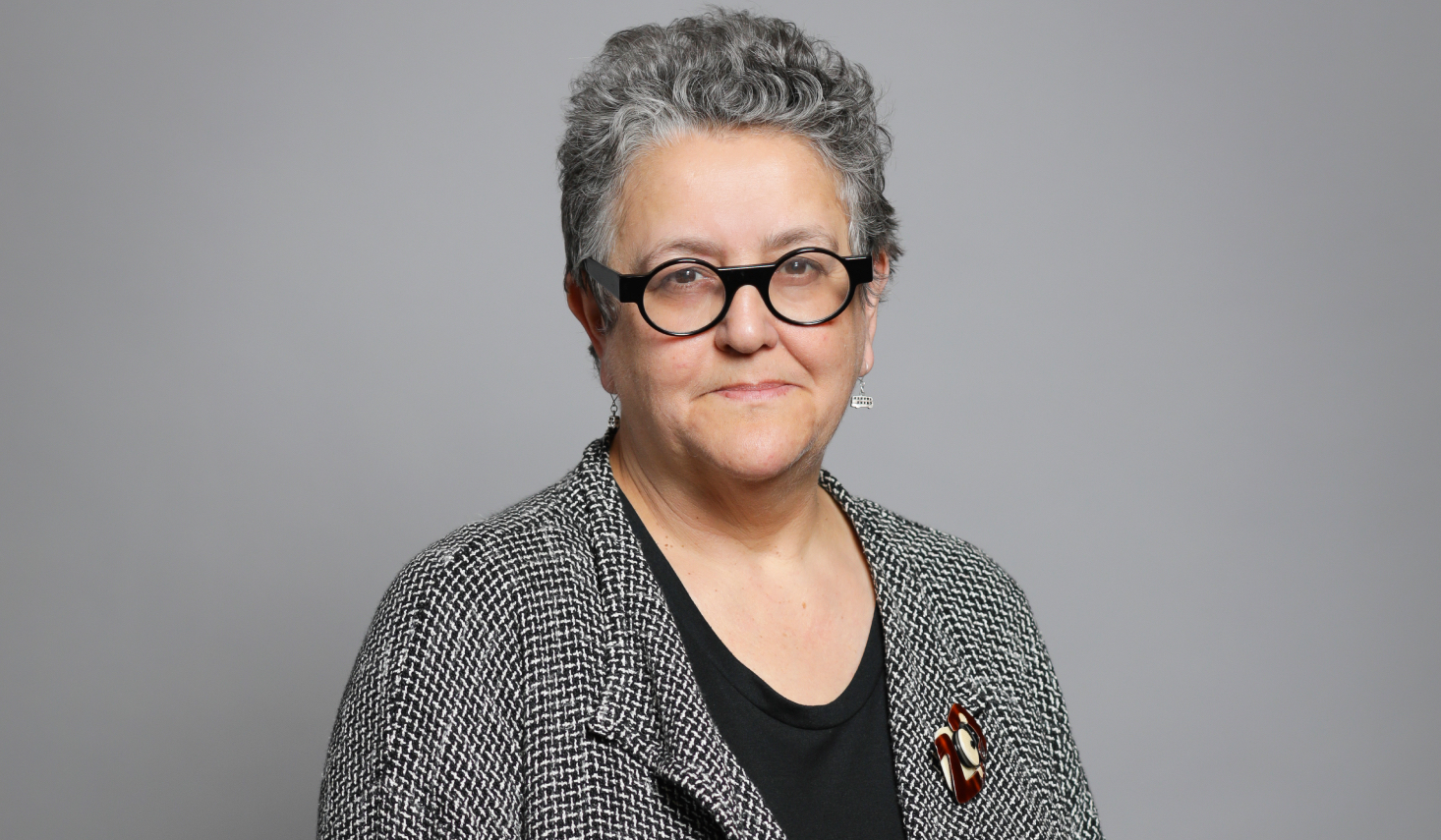
Baroness Barker
Party: Liberal Democrats
Constituency: N/A, Member of the House of Lords
Position in APPG on HIV and AIDS: Co-chair
“New infections occurred disproportionately among young women and adolescent girls, with a new infection every two minutes in 2021 as reported by UNAIDS. The gendered HIV impact, particularly for young African women and girls, occurred amidst disruption of key HIV treatment and prevention services, millions of girls out of school due to pandemics, and spikes in teenage pregnancies and gender-based violence. In sub-Saharan Africa, adolescent girls and young women are three times as likely to acquire HIV as adolescent boys and young men.
“We know what works. That is community-led, people-centred services; the upholding of everyone’s human rights, the removal of punitive and discriminatory laws, the tackling of stigma; the empowerment of girls and women; equal access to treatment including new health technologies; and health services, education, and social protection for all.
“This is the time we must step up not only at home but globally. If we are to win this prize of no more AIDS related deaths and new transmissions of HIV by 2030, the UK Government along with Governments around the world must show courageous leadership.”

Lloyd Russell-Moyle MP
Party: Labour/Co-op
Constituency: Brighton Kemptown
Position in APPG on HIV and AIDS: Vice Chair
“We have the tools. All over the world there are examples of good practice that can increase the uptake of HIV prevention, testing, and treatment services.
“Laws that punish same sex relations, in addition to contravening the human rights of LGBT people, help to sustain stigma and discrimination against LGBT+ people. Such laws are barriers to LGBT+ people seeking and receiving healthcare for fear of being punished or detained. We must end the discriminatory laws that the LGBT+, Sex Worker, People who use Drugs communities and Women face if we are to end AIDS related deaths and new HIV transmissions.
“We can end AIDS related deaths and new HIV transmissions by 2030 but only if we are bold in our actions and our investments. We need courageous leadership.
“This is the time for action, not more talking. Let’s get on with the job and end this epidemic for good.”



